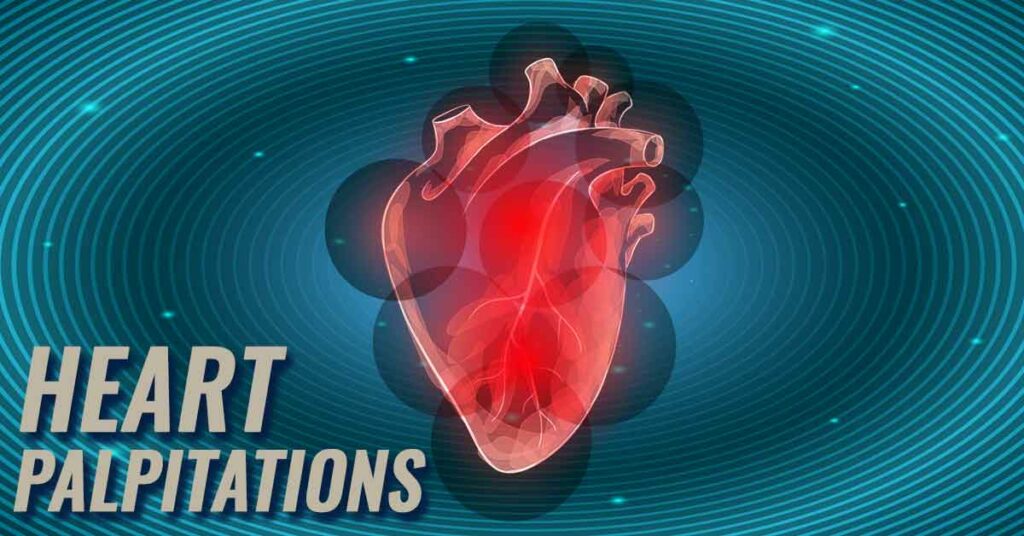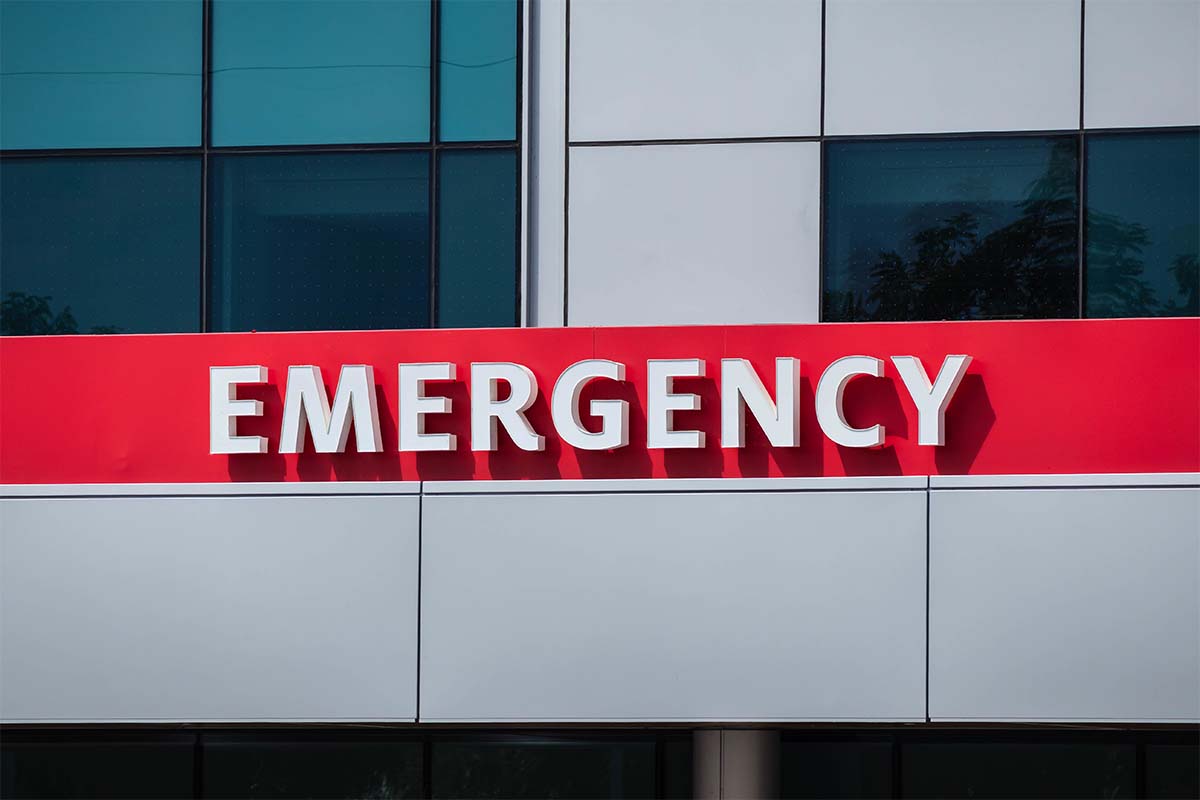
Ideally, many people barely notice their hearts beating, which is natural. However, any noticeable change in the heartbeat should be concerning, be it slow or fast. Chances are, you’re experiencing what’s usually known as “heart palpitations,” a term for feeling your heart is beating hard, fast or erratically.
Although heart palpitations can be worrisome, they are usually harmless. In rare cases, they can be a symptom of a more serious heart condition, such as an irregular heartbeat (arrhythmia) that might require treatment or visit to ER (Mayo Clinic 2017).
What causes heart palpitations?
- In general, older people are more likely to have medical conditions that can increase their heart palpitations; however, it can show up in people of any age. Few of the common causes are as follows:
- Strong emotional responses, such as stress, anxiety or panic attacks
- Depression
- Strenuous exercise
- Stimulants, including caffeine, nicotine, cocaine, amphetamines, and cold and cough medications that contain pseudoephedrine
- Fever
- Hormone changes associated with menstruation, pregnancy or menopause
- Too much or too little thyroid hormone
(Mayo Clinic 2017)
Diagnosing the cause of heart palpitations
The cause of heart palpitations can be challenging to diagnose, especially when you reach the doctor, and the palpitations don’t occur during your office appointment. In such cases, the doctor will complete a thorough physical exam to identify a cause and include some questions such as:
- What are your daily physical activities?
- Are you experiencing emotional stress at home or work?
- Have you started or stopped a prescription medication? Changed the dosage?
- What over-the-counter medications are you taking?
- Do you have any health conditions we have not yet discussed, such as high blood pressure or high cholesterol?
- The doctor may refer you to a heart specialist to run some tests which could further diagnose the cause:
- Blood tests
- Urine tests
- Physical tress tests
- A recording of the heart’s rhythm for 24 hours using a machine called a Holter monitor
- An ultrasound of the heart, or an echocardiogram
- An electrocardiogram
- A chest X-ray
- An electrophysiology study to check your heart’s electrical function
- Coronary angiography to check how blood flows through your heart
Treatment for heart palpitations
Heart palpitation treatment depends on your doctor and getting to the root cause of the problem.
In case palpitations are due to lifestyle choices such as smoking or consuming too much caffeine, cutting down or eliminating those substances may help. If it is medication-related palpitations, your doctor may change medicines to see if that will resolve the issue.
Preventing heart palpitations
In case your doctor tells you that treatment isn’t necessary, then here are some recommended steps to decrease your chance of getting palpitations:
- Try to identify your triggers so that you can avoid them by keeping a log of your activities, as well as the foods and beverages you eat and noting when you get palpitations
- If you’re anxious or stressed, try relaxation exercises, deep breathing, yoga, or tai chi
- Limit or stop your intake of caffeine
- Don’t smoke or use tobacco products
- If medication is causing palpitations, ask your doctor if there are any alternatives
- Exercise regularly
- Stick to a healthy diet
When to Go to the ER
We recommend seeking emergency medical attention if heart palpitations have other physical symptoms such as:
- Dizziness & weakness
- Lightheadedness
- Fainting
- Loss of consciousness
- Confusion
- Difficulty breathing
- Excessive sweating
- Pain, pressure, or tightening in your chest
- Pain in your arms, neck, chest, jaw, or upper back
- A resting pulse rate of more than 100 beats per minute
Being sure is always the best course of action. Heading to the ER can be life-saving. Our board-certified ER physicians know how to recognize life-threatening symptoms and respond quickly to minimize damage to your heart.
Our facility is open 24/7, 365 days of the year and will be sure to get you to a Board Certified ER Physician in minutes, not hours.
Works Cited
“Heart Palpitations.” Mayo Clinic, Mayo Foundation for Medical Education and Research, 7 Feb. 2018, www.mayoclinic.org/diseases-conditions/heart-palpitations/symptoms-causes/syc-20373196.
Heart Palpitations: Causes, Diagnosis, and Treatments.
https://www.healthline.com/symptom/palpitations
















